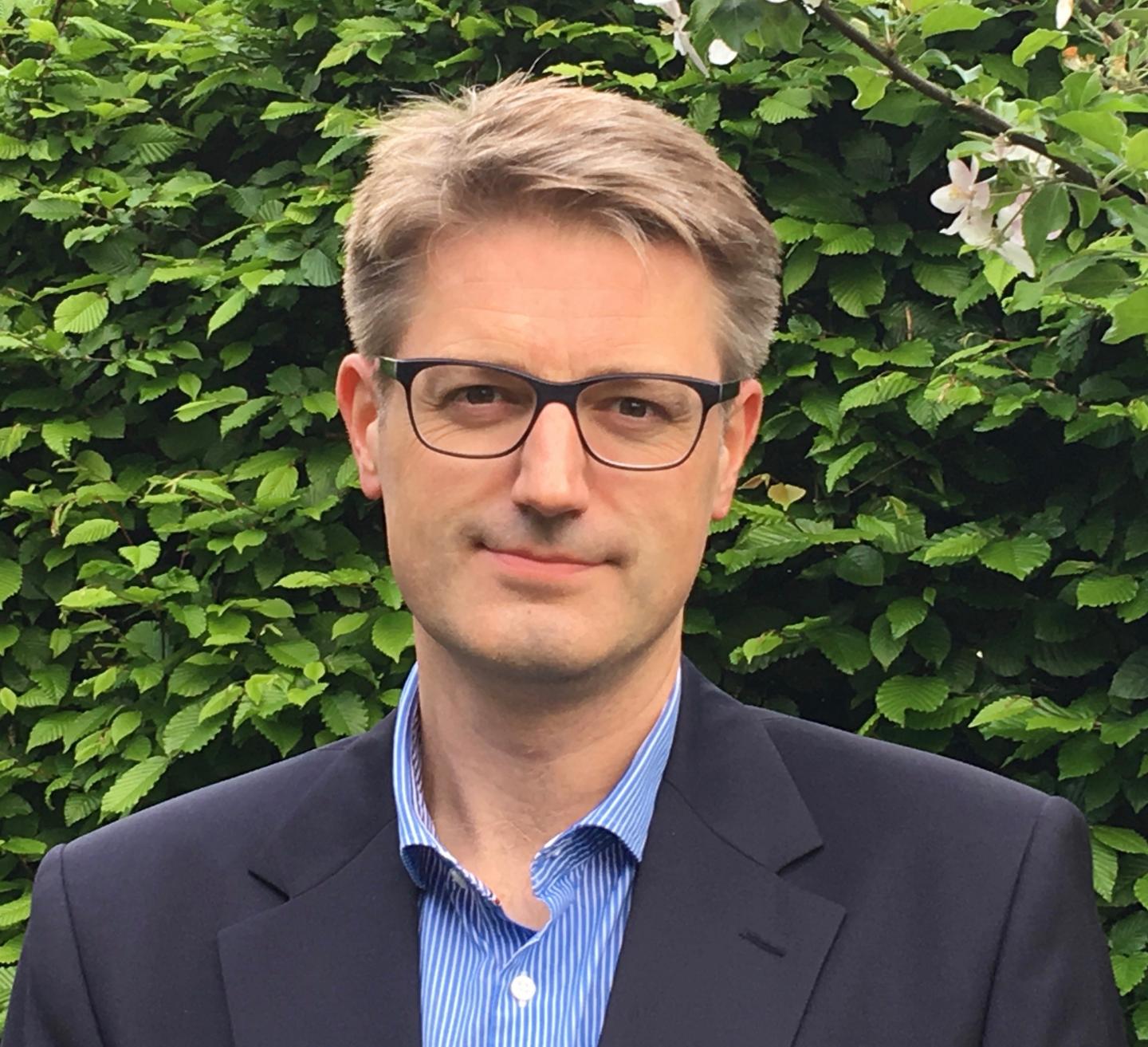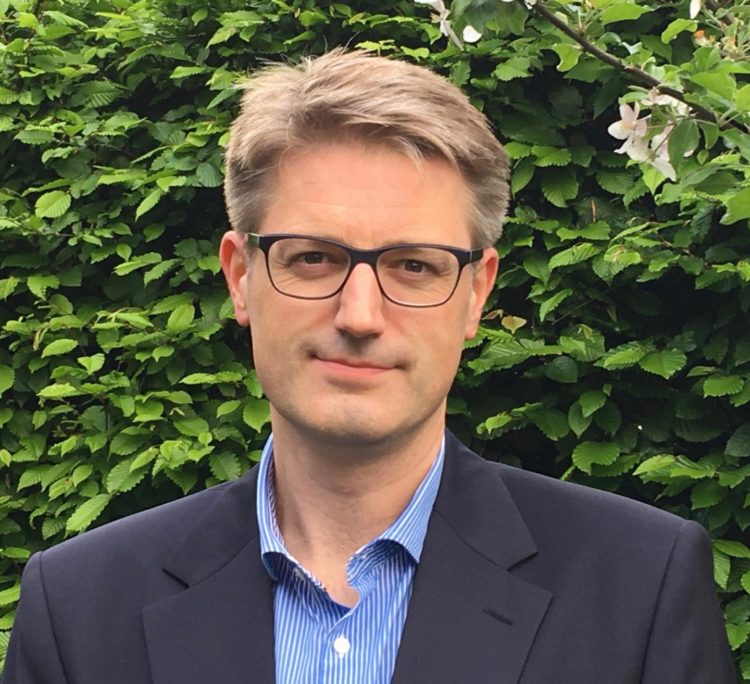The German Research Foundation funds a joint Collaborative Research Center between Freie Universität Berlin and Münster University

Credit: privat
A Transregional Collaborative Research Center (CRC-TRR) run by teams at Freie Universität Berlin and the University of Münster has been approved for an additional funding period by the German Research Foundation (DFG) to continue their study of how terrestrial planets formed. On Monday, the DFG announced in Bonn that CRC-TRR 170 “Late Accretion onto Terrestrial Planets” will receive another four years of support. The new funding period starts January 1, 2020 and will last four years. The funding amounts to around nine million euros. The Collaborative Research Center’s spokesperson is Professor Thorsten Kleine from the University of Münster’s Institut für Planetologie. During the previous funding period, Professor Harry Becker from Freie Universität Berlin was the spokesperson. Transregional Collaborative Research Centers involve two or three universities that have submitted a joint proposal and then run their center together. The DFG’s goal is to strengthen close partnerships between institutions and the researchers involved as well as to facilitate the sharing of resources.
[bild:2]]There are 18 principal investigators working together in CRC-TRR 170. Some of them come from the two universities that submitted the successful proposal, but the team also includes researchers from Technische Universität Berlin, Museum für Naturkunde Berlin, and the German Aerospace Center. The researchers investigate the formation of terrestrial planets–that is Earth-like planets–and aim to ascertain the conditions necessary to create a life-sustaining planet like our own.
Planetologist Thorsten Kleine explains that the first funding period allowed them to establish strong working relationships between Münster and Berlin, and they were already able to gain groundbreaking new insights into the formation of terrestrial planets. Now the goal by the end of 2023 is to use these results to develop a comprehensive model for the formation of planets in the inner solar system.
The CRC-TRR 170 is particularly interested in the period from about 4.5 to 3.8 billion years ago. Scientists think that at about 4.5 billion years ago the Moon was formed by a collision between the Earth and a body the size of Mars. Following this event, Earth, like other planets in the inner solar system, was continuously bombarded by asteroids. The craters on the Moon’s surface are direct evidence of this bombardment. To better understand how these impacts affected Earth’s evolutionary history, CRC-TRR 170 uses a multidisciplinary approach combining expertise from geochemistry, cosmochemistry, geophysics, planetary remote sensing, and astrophysics.
Collaborative Research Centers are interdisciplinary programs at universities that are generally set to last up to twelve years. Each CRC includes any number of projects headed by individual researchers or teams. Transregional CRCs are special because up to three universities can submit a proposal together, compared to the classic CRC, which is usually proposed by just one institution and then carries out its work there.
###
Media Contact
Thorsten Kleine
[email protected]
49-251-833-3406
Original Source
https:/





